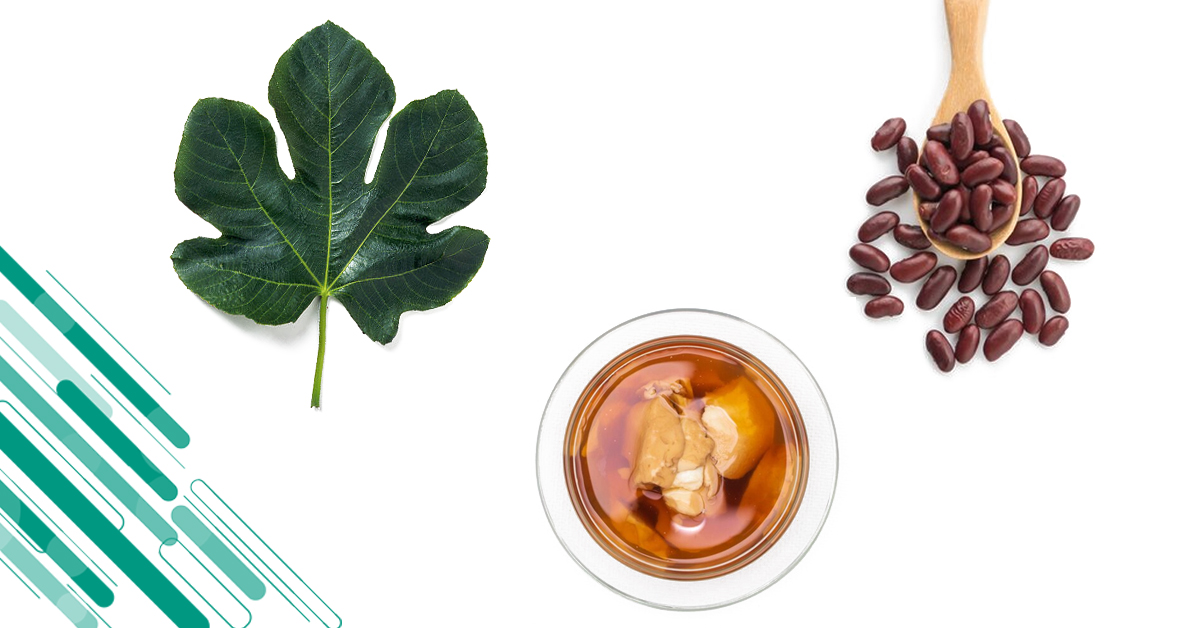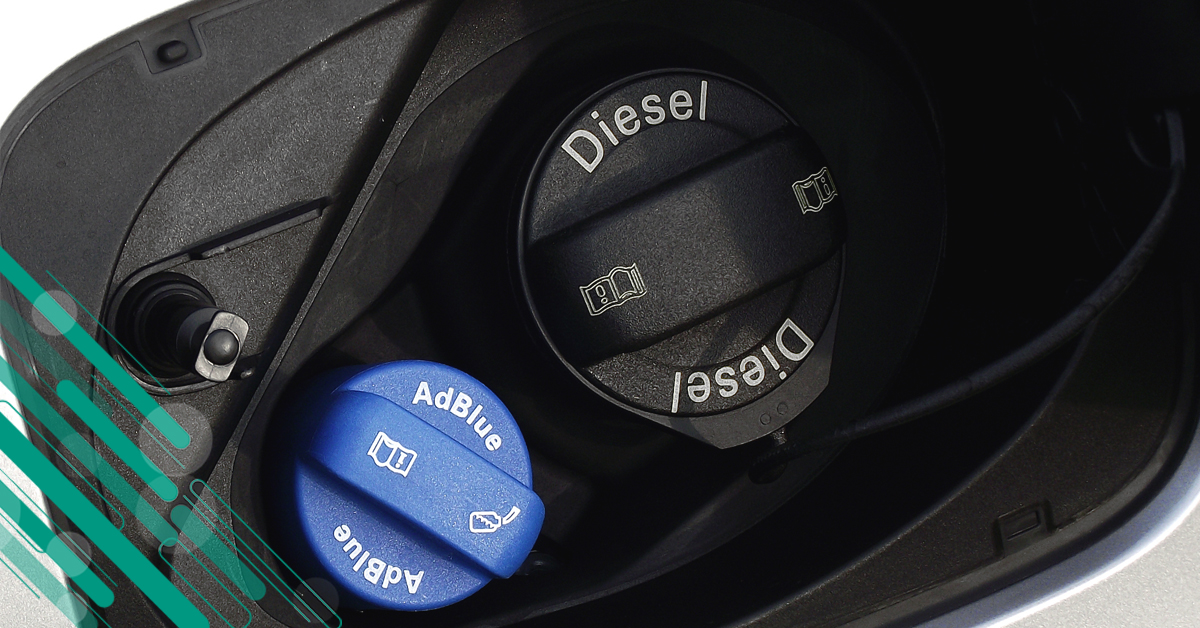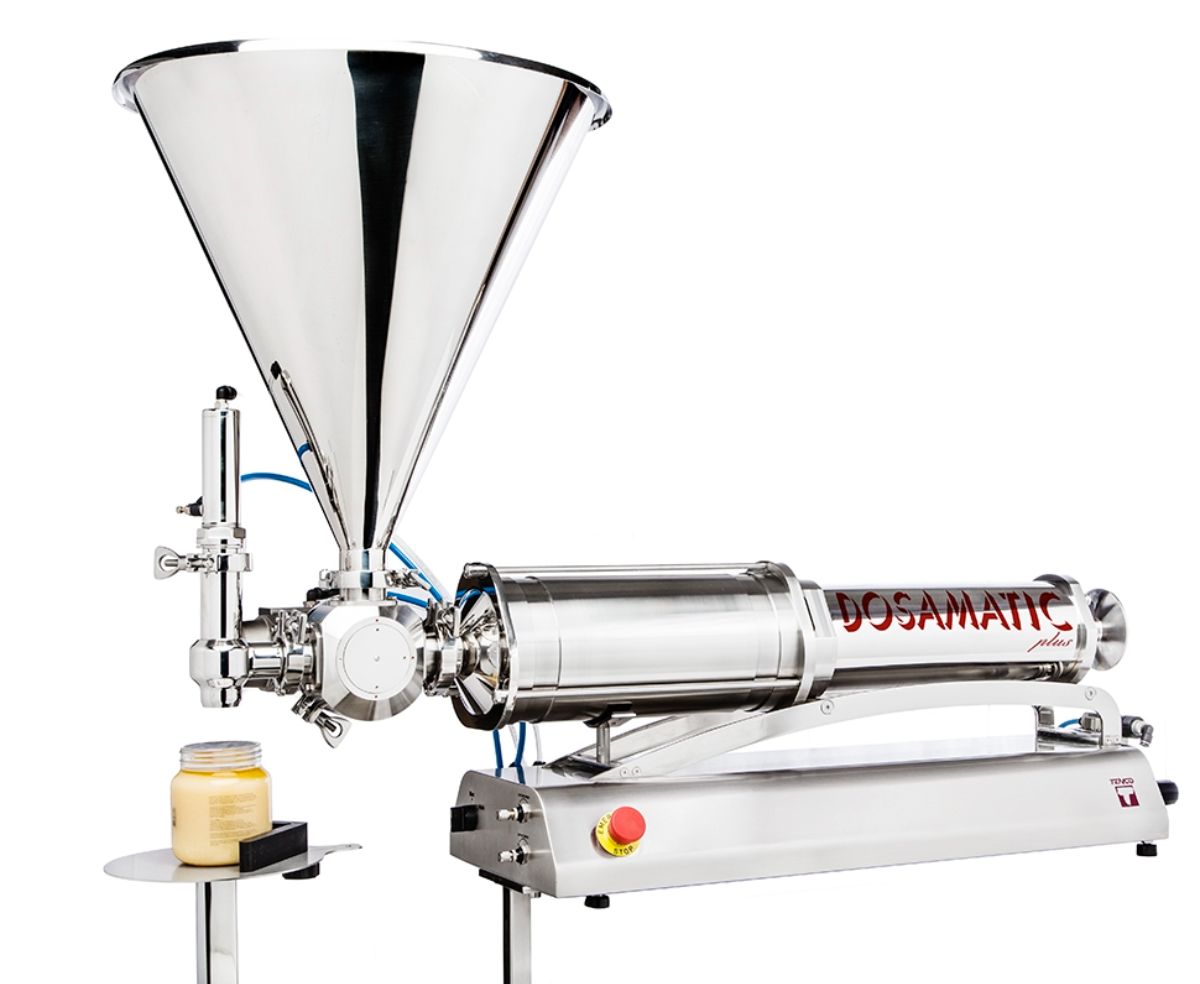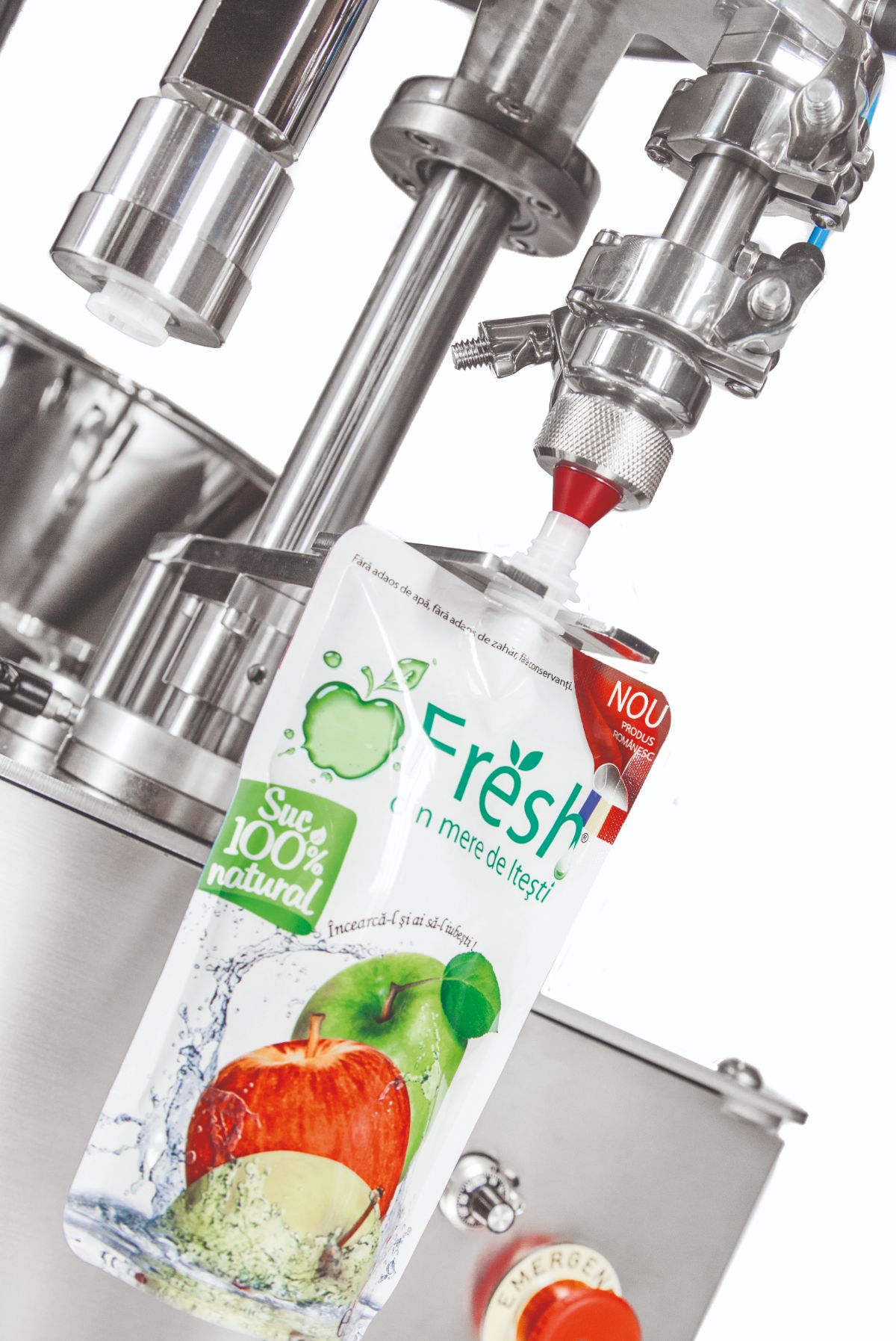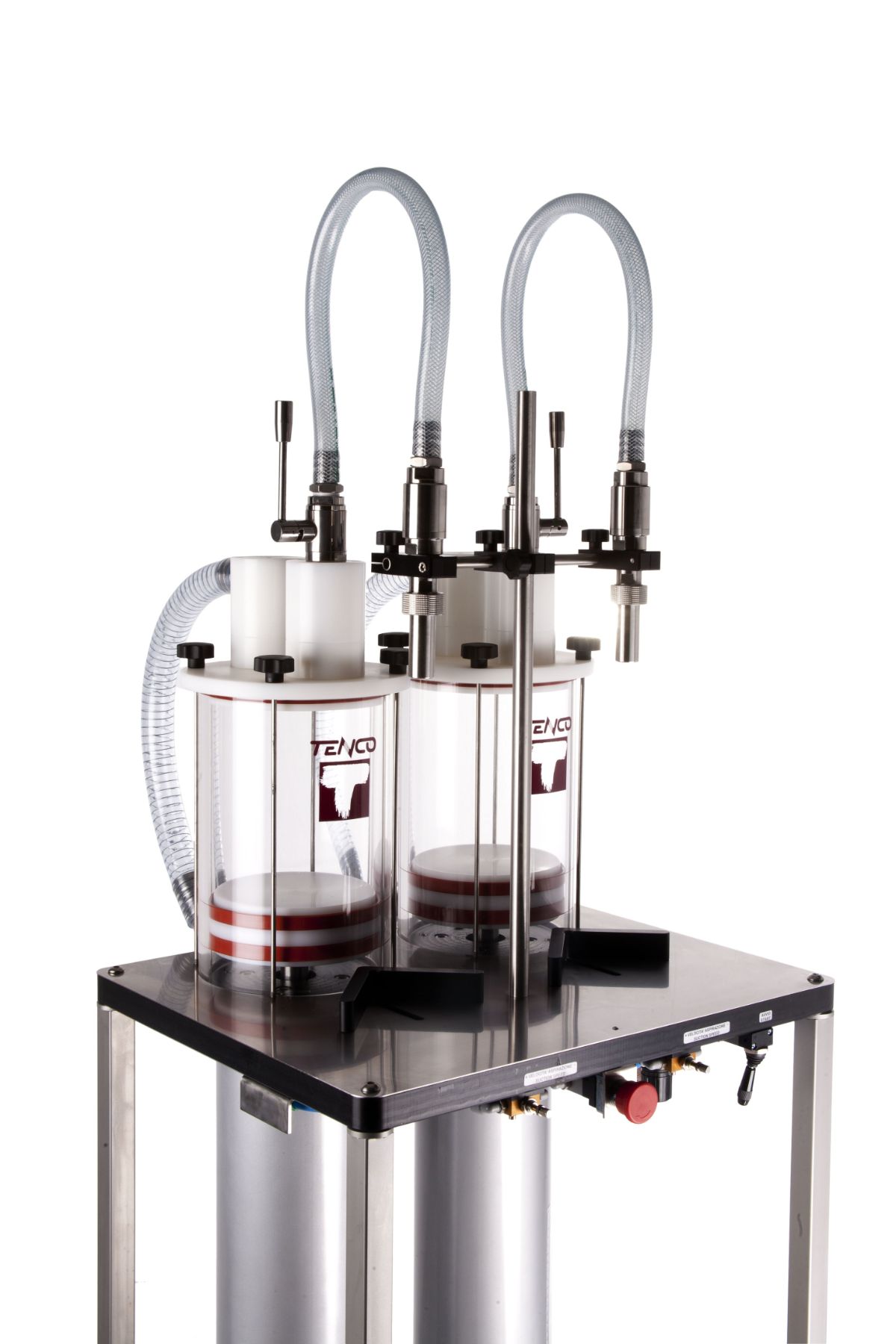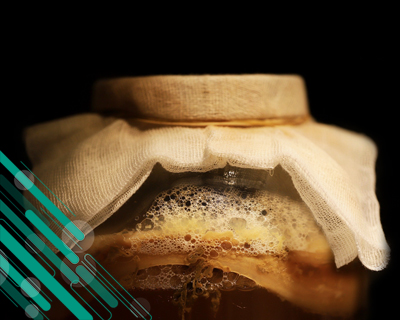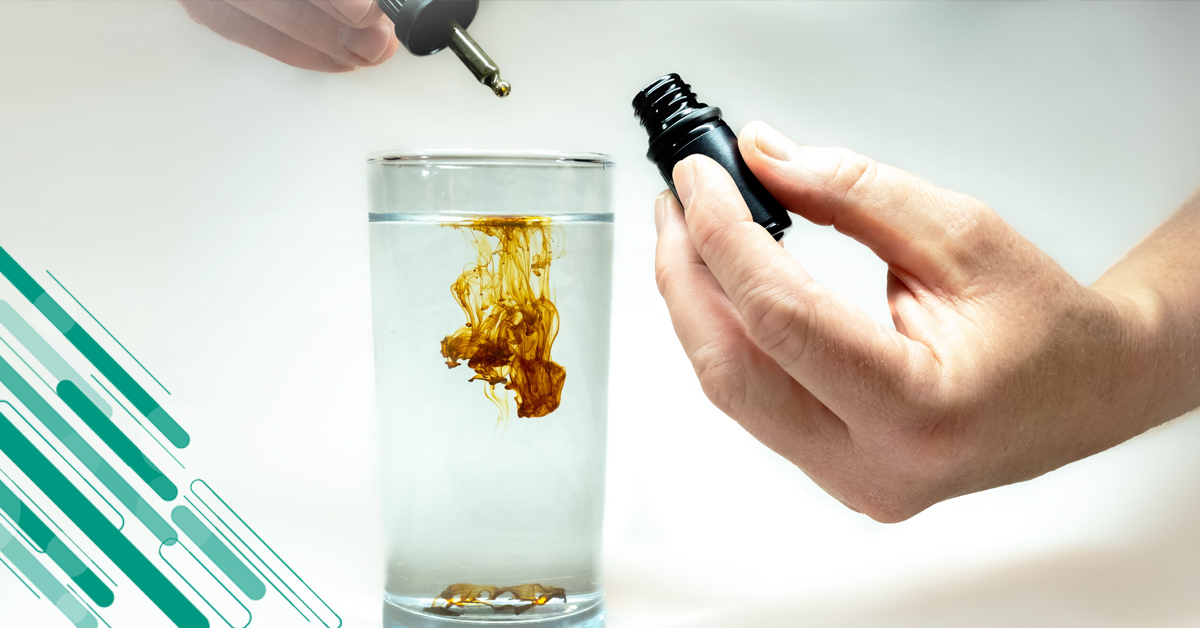In practice, when AdBlue is injected into a vehicle's exhaust system, it reacts with the hot exhaust gases. This chemical reaction transforms nitrogen oxides into harmless nitrogen and water vapor, two non-polluting compounds: a significant reduction in harmful emissions from the car's exhaust, allowing diesel vehicles to comply with stringent Euro 6 standards.
